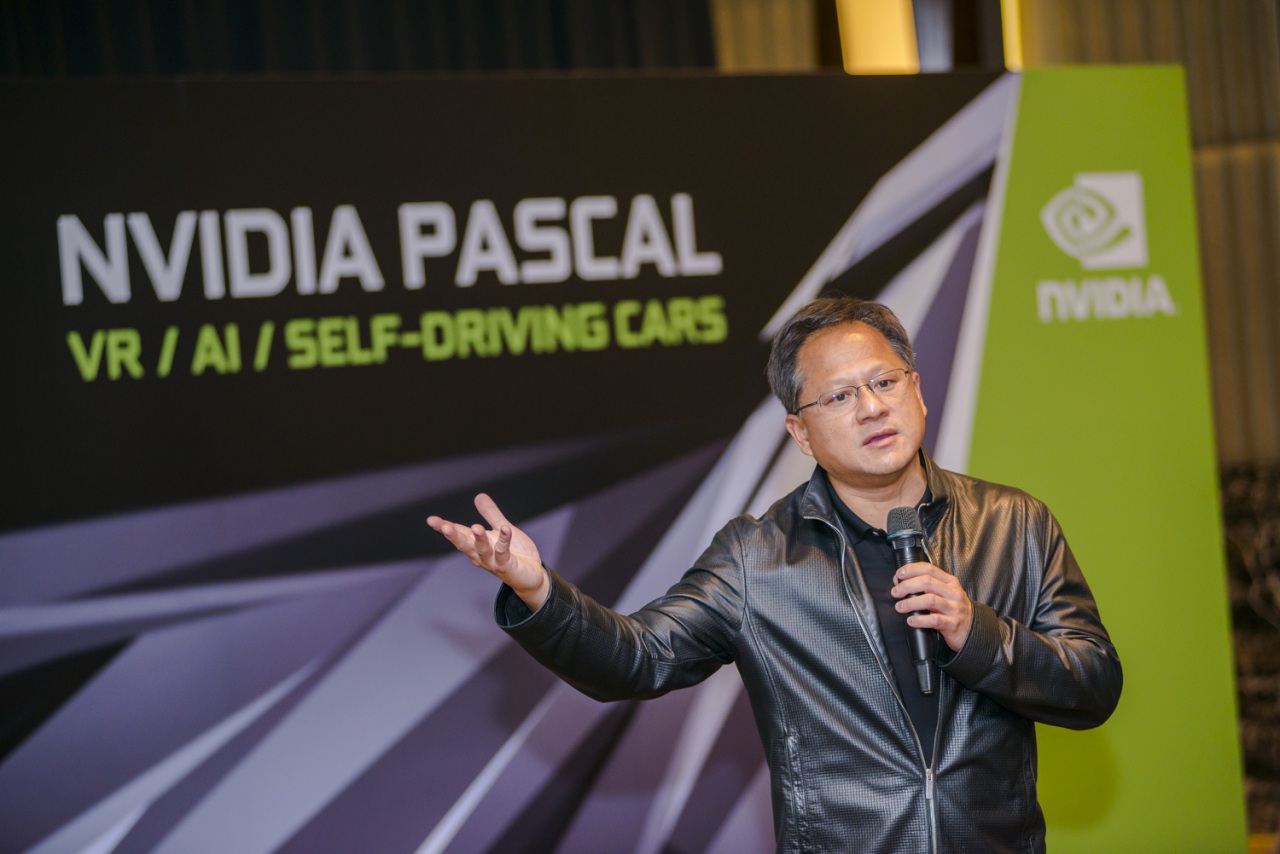
Nvidia announced on Monday that it has secured more than one million square feet of manufacturing space in Arizona and Texas to build and test AI chips as part of an effort to move a significant portion of its production to the United States.
The company revealed that production of its Blackwell chips has officially started at TSMC’s Phoenix, Arizona facility. Additionally, Nvidia is building “supercomputer” manufacturing plants in Texas, collaborating with Foxconn in Houston and Wistron in Dallas. In Arizona, the company is partnering with Amkor and SPIL to handle packaging and testing operations.
Mass production at the Houston and Dallas plants is expected to ramp up over the next 12 to 15 months, with Nvidia aiming to produce up to half a trillion dollars in AI infrastructure in the U.S. within the next four years.
“The engines of the world’s AI infrastructure are being built in the United States for the first time,” said Nvidia CEO Jensen Huang in a statement. “Adding American manufacturing helps us better meet the incredible and growing demand for AI chips and supercomputers, strengthens our supply chain, and boosts our resiliency.”
A Narrow Escape from Export Controls
This announcement follows reports that Nvidia narrowly avoided export controls on its H20 chip after striking a deal with the Trump administration. According to NPR, the H20 — Nvidia’s most advanced chip still allowed for export to China — was spared after Huang promised to invest in U.S.-based AI data center components.
Many AI companies have followed suit by embracing Trump’s “America-first” approach to AI to gain favor with the administration. OpenAI, for instance, partnered with SoftBank and Oracle for the $500 billion Stargate Project to build U.S.-based data centers. Similarly, Microsoft pledged $80 billion toward U.S. data centers in its 2025 fiscal year.
Trump has used his influence to pressure partners into complying with his economic demands. He reportedly told TSMC that it would face a tax of up to 100% if it failed to build new chip factories in the U.S.
Challenges on the Horizon for Nvidia’s U.S. Manufacturing Initiative
Nvidia claims its U.S. manufacturing efforts will create “hundreds of thousands” of jobs and stimulate “trillions of dollars” in economic activity over the coming decades. However, these efforts face significant hurdles, such as retaliatory tariffs from China, trade restrictions, a shortage of skilled labor for chip assembly, and potential setbacks due to the Trump administration’s moves against the Chips Act, which could deter future investments in the semiconductor sector.
What The Author Thinks
While Nvidia’s push to manufacture AI chips in the U.S. is a bold step that could boost the economy and create jobs, it is not without its challenges. The geopolitical tensions and trade restrictions that Nvidia faces, particularly with China, could prove to be a significant obstacle. Additionally, the skilled labor shortage for chip assembly remains a pressing issue that must be addressed for this initiative to succeed. Even with government incentives, the semiconductor industry will need long-term stability and support to make this shift sustainable.
Featured image credit: Wikimedia Commons
Follow us for more breaking news on DMR
